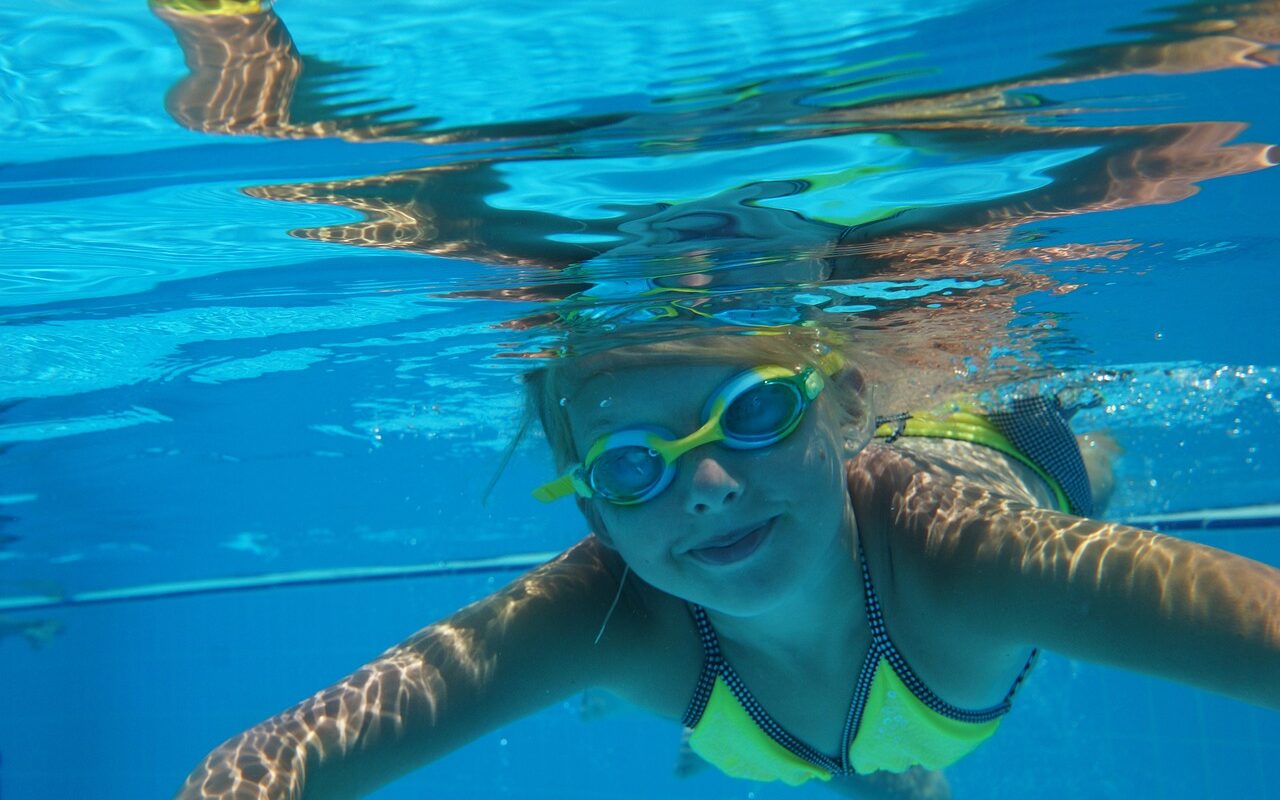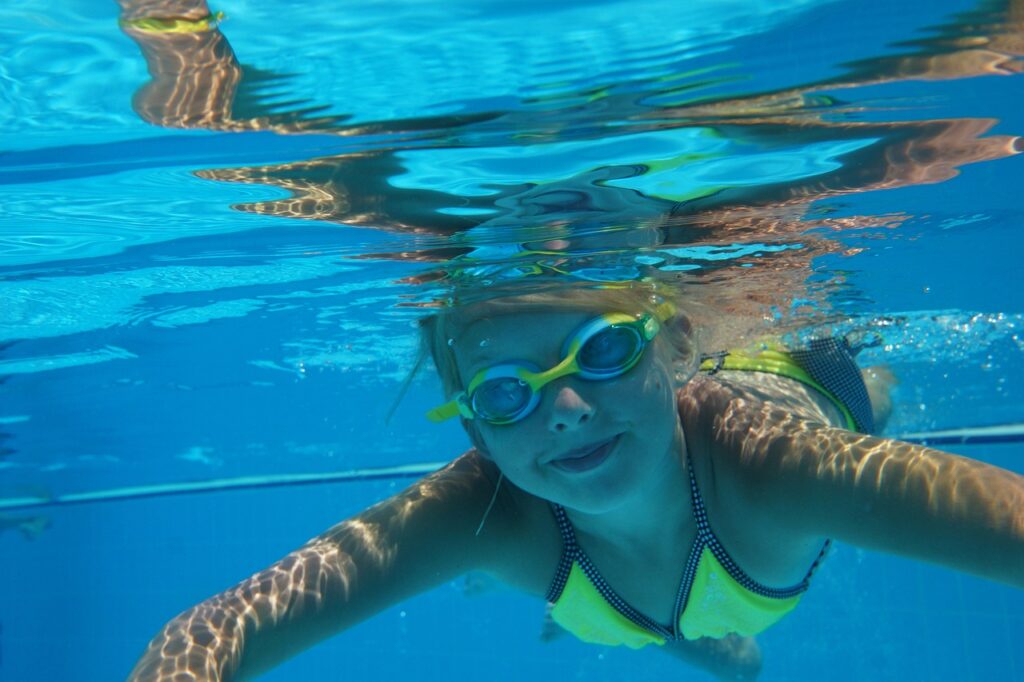Your cart is currently empty!

Are There Opportunities For Snorkeling Or Scuba Diving?
Imagine yourself standing on the edge of a pristine white sand beach, the crystal-clear water stretching out before you in shades of turquoise. You take a deep breath, feeling the warmth of the sun on your skin, and wonder if there are any opportunities for snorkeling or scuba diving in this picture-perfect paradise. Well, dear adventurer, let me assure you that beneath the surface of these tranquil waters lie a world of vibrant coral reefs and mesmerizing marine life just waiting to be explored. So pack your fins and mask, because the answer to your question is a resounding yes – there are ample opportunities for both snorkeling and scuba diving here, promising unforgettable underwater adventures that will leave you awe-inspired.

Snorkeling
Snorkeling is a popular water activity that allows you to explore the underwater world without the need for complicated equipment or extensive training. It is perfect for those who enjoy swimming and want to experience the beauty of marine life up close.
Popular Snorkeling Destinations
There are numerous breathtaking snorkeling destinations around the world that offer stunning underwater landscapes and diverse marine life. Some of the most popular snorkeling spots include the Great Barrier Reef in Australia, the Maldives, the Red Sea in Egypt, the Caribbean islands, and Hawaii. Each destination offers unique experiences and is worth exploring.
Snorkeling Equipment
To enjoy snorkeling to the fullest, it is essential to have the right equipment. The basic snorkeling gear includes a snorkel, mask, and fins. The mask allows you to see underwater, while the snorkel lets you breathe while your face is submerged. Fins help you maneuver through the water with ease. It is important to choose equipment that fits properly and is comfortable to wear for extended periods.
Snorkeling Techniques
Snorkeling is relatively easy, but learning a few techniques can greatly enhance your experience. One of the key techniques is breathing through a snorkel. Slow and steady breaths will help you conserve energy and prevent fogging in your mask. Another important technique is mastering your finning technique to glide smoothly through the water. Additionally, learning how to clear your mask and snorkel of water will ensure uninterrupted visibility and breathing.
Snorkeling Safety Tips
While snorkeling is generally safe, it is important to take some safety precautions to ensure an enjoyable and risk-free experience. Always snorkel with a buddy for added safety and support. Familiarize yourself with the snorkeling area and be aware of potential hazards such as strong currents or underwater obstacles. Avoid touching or standing on coral reefs to protect both yourself and the delicate marine ecosystem. Lastly, always be mindful of your own limitations and never push yourself beyond your comfort zone.
Snorkeling Tours and Packages
If you’re new to snorkeling or prefer a guided experience, there are numerous snorkeling tours and packages available. These tours often provide transportation, equipment rental, and knowledgeable guides who can enhance your snorkeling experience by pointing out interesting marine life and providing valuable insights about the underwater ecosystem. Snorkeling tours cater to various skill levels, from beginners to advanced snorkelers, ensuring there is an option for everyone.
Scuba Diving
If you’re looking for a more immersive underwater adventure, scuba diving might be the perfect option for you. Scuba diving allows you to explore greater depths and spend more time submerged, giving you the opportunity to encounter unique marine life and witness mesmerizing underwater landscapes.
Best Scuba Diving Locations
The world is filled with exceptional scuba diving destinations, each with its own charm and diverse underwater ecosystems. Some of the best scuba diving locations renowned for their stunning dive sites include the Great Blue Hole in Belize, the coral reefs of the Maldives, the cenotes in Mexico, the wrecks of the Red Sea, and the vibrant waters of the Galapagos Islands. These destinations offer unparalleled diving experiences that attract divers from all over the world.
Scuba Diving Certification
Unlike snorkeling, scuba diving requires proper training and certification to ensure your safety and the safety of those around you. Before embarking on your scuba diving adventure, you must complete a certification course offered by reputable diving agencies such as PADI (Professional Association of Diving Instructors) or SSI (Scuba Schools International). These courses will teach you the necessary skills and
knowledge to dive safely, including understanding dive tables, proper ascent and descent techniques, and emergency procedures.
Scuba Diving Equipment
Scuba diving requires specialized equipment to enable you to breathe, regulate your depth, and communicate underwater. The essential scuba diving equipment includes a scuba tank, regulator, buoyancy control device (BCD), dive computer, and wetsuit or drysuit. Each piece of equipment plays a crucial role in ensuring your safety and comfort during dives. It is important to invest in high-quality gear and regularly maintain it for optimal performance.
Scuba Diving Techniques
Proper scuba diving techniques are essential to ensure a safe and enjoyable dive. These techniques include equalizing your ears to relieve pressure as you descend, controlling your breathing to conserve air, and maintaining proper buoyancy to navigate effortlessly underwater. Mastering these techniques with practice and experience will allow you to have more control and confidence during your dives.
Scuba Diving Safety Guidelines
Scuba diving, although an exhilarating activity, comes with its own set of risks. It is important to follow safety guidelines to minimize these risks and ensure a safe diving experience. Always dive within your limits and never exceed your training or comfort level. Maintain a buddy system, where you dive with a partner who can assist you in case of emergencies. Regularly check your equipment for any malfunctions or damage before diving. Lastly, always plan your dives and adhere to the recommended depth and time limits to prevent decompression sickness.
Scuba Diving Tours and Packages
For those who prefer a hassle-free diving experience, there are plenty of scuba diving tours and packages available. These packages often include accommodation, equipment rental, transportation to dive sites, and the services of experienced dive guides. Scuba diving tours cater to divers of all levels, from beginners to advanced, and provide a convenient way to explore new dive sites and expand your skills.